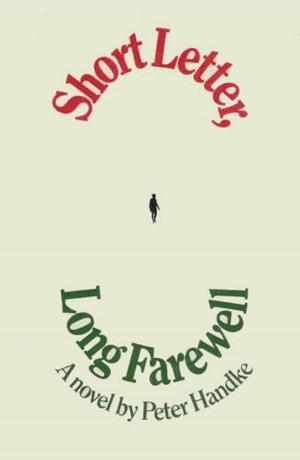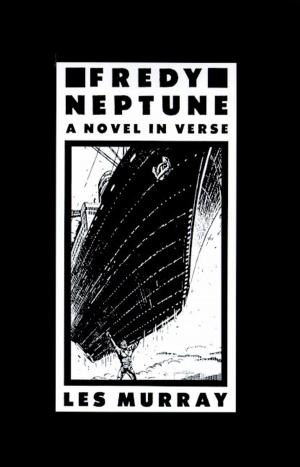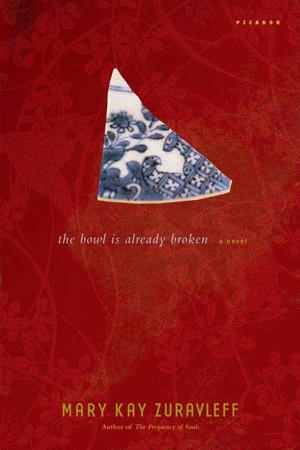Stranger in My Own Country
A Jewish Family in Modern Germany
Nonfiction, History, Germany, Social & Cultural Studies, Social Science| Author: | Yascha Mounk | ISBN: | 9781429953788 |
| Publisher: | Farrar, Straus and Giroux | Publication: | January 7, 2014 |
| Imprint: | Farrar, Straus and Giroux | Language: | English |
| Author: | Yascha Mounk |
| ISBN: | 9781429953788 |
| Publisher: | Farrar, Straus and Giroux |
| Publication: | January 7, 2014 |
| Imprint: | Farrar, Straus and Giroux |
| Language: | English |
A moving and unsettling exploration of a young man's formative years in a country still struggling with its past
As a Jew in postwar Germany, Yascha Mounk felt like a foreigner in his own country. When he mentioned that he is Jewish, some made anti-Semitic jokes or talked about the superiority of the Aryan race. Others, sincerely hoping to atone for the country's past, fawned over him with a forced friendliness he found just as alienating.
Vivid and fascinating, Stranger in My Own Country traces the contours of Jewish life in a country still struggling with the legacy of the Third Reich and portrays those who, inevitably, continue to live in its shadow. Marshaling an extraordinary range of material into a lively narrative, Mounk surveys his countrymen's responses to "the Jewish question." Examining history, the story of his family, and his own childhood, he shows that anti-Semitism and far-right extremism have long coexisted with self-conscious philo-Semitism in postwar Germany.
But of late a new kind of resentment against Jews has come out in the open. Unnoticed by much of the outside world, the desire for a "finish line" that would spell a definitive end to the country's obsession with the past is feeding an emphasis on German victimhood. Mounk shows how, from the government's pursuit of a less "apologetic" foreign policy to the way the country's idea of the Volk makes life difficult for its immigrant communities, a troubled nationalism is shaping Germany's future.
A moving and unsettling exploration of a young man's formative years in a country still struggling with its past
As a Jew in postwar Germany, Yascha Mounk felt like a foreigner in his own country. When he mentioned that he is Jewish, some made anti-Semitic jokes or talked about the superiority of the Aryan race. Others, sincerely hoping to atone for the country's past, fawned over him with a forced friendliness he found just as alienating.
Vivid and fascinating, Stranger in My Own Country traces the contours of Jewish life in a country still struggling with the legacy of the Third Reich and portrays those who, inevitably, continue to live in its shadow. Marshaling an extraordinary range of material into a lively narrative, Mounk surveys his countrymen's responses to "the Jewish question." Examining history, the story of his family, and his own childhood, he shows that anti-Semitism and far-right extremism have long coexisted with self-conscious philo-Semitism in postwar Germany.
But of late a new kind of resentment against Jews has come out in the open. Unnoticed by much of the outside world, the desire for a "finish line" that would spell a definitive end to the country's obsession with the past is feeding an emphasis on German victimhood. Mounk shows how, from the government's pursuit of a less "apologetic" foreign policy to the way the country's idea of the Volk makes life difficult for its immigrant communities, a troubled nationalism is shaping Germany's future.















